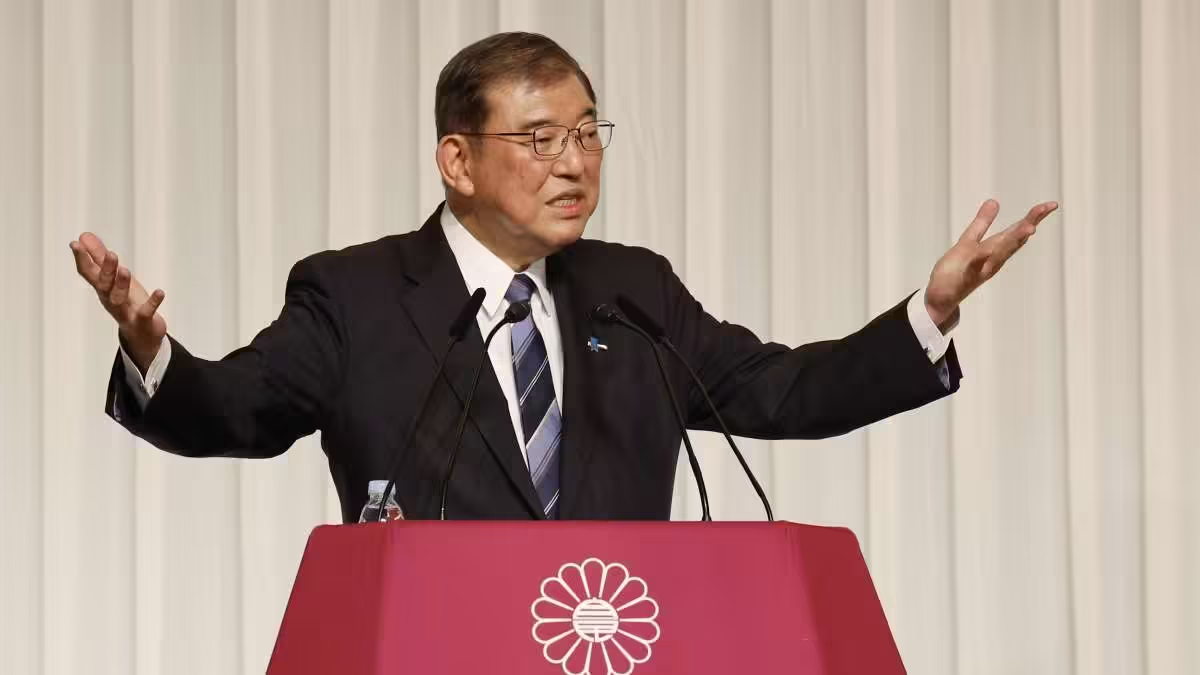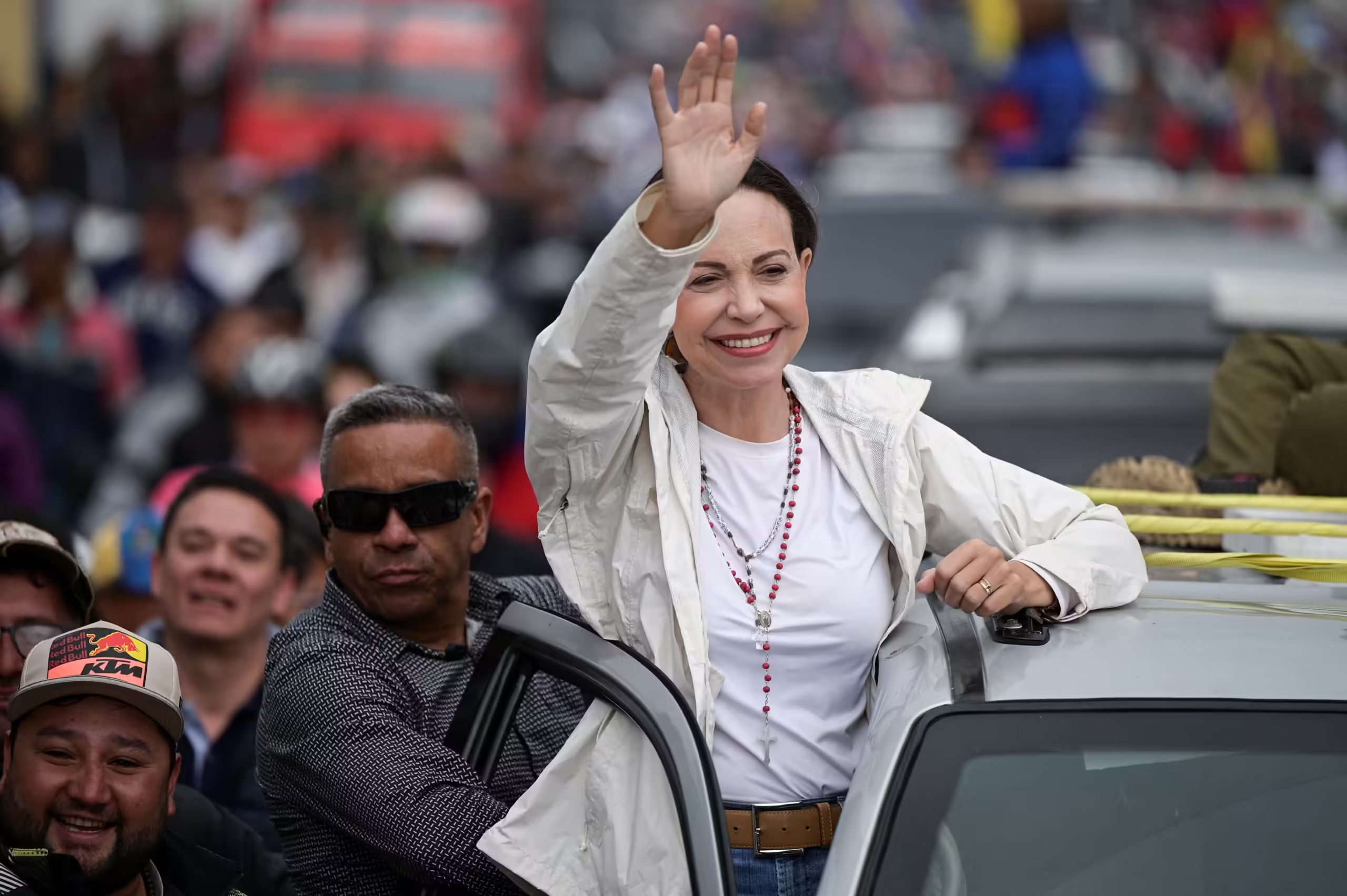Shigeru Ishiba, Japan’s incoming prime minister, is reportedly preparing to call for snap elections on October 27, according to local media. This decision comes as stock markets plunge, driven by a strong yen and concerns over potential tax increases.
Ishiba, who will be formally appointed as premier on Tuesday, supports the Bank of Japan’s plans to raise interest rates and has indicated that there is “room” to increase corporate taxes. His election as leader of the ruling Liberal Democratic Party (LDP) came unexpectedly on Friday, defeating right-wing candidate Sanae Takaichi, who was favored for her support of former Prime Minister Shinzo Abe’s “Abenomics” policies.
The leadership change has already impacted financial markets; Ishiba’s victory strengthened the yen significantly, causing stocks to drop sharply. By early afternoon on Monday, the Nikkei index fell by five percent, with major exporters like Toyota and Tokyo Electron suffering significant losses.
Ishiba is expected to dissolve parliament on October 9 to facilitate the upcoming elections. LDP officials are counting on his leadership to restore the party’s waning popularity, which has suffered under outgoing premier Fumio Kishida due to a slush fund scandal and rising prices.
In his recent remarks, Ishiba pledged to regain public trust in the LDP and enhance defense relations amid escalating tensions in the region, particularly concerning China. He is contemplating appointing Katsunobu Kato as finance minister and has plans to reinstate Gen Nakatani as defense minister.
Ishiba supports strengthening Japan’s military capabilities and is advocating for the establishment of an “Asian NATO” to counter threats from China and Russia. However, challenges remain regarding funding for military upgrades and recruiting personnel amid Japan’s declining population.
Economist Taro Saito noted that Ishiba’s focus appears to be more on fiscal management than on stimulating economic growth, which is crucial for Japan’s future. Chief Cabinet Secretary Yoshimasa Hayashi emphasized the government’s commitment to monitoring market trends and maintaining economic stability in light of recent volatility.



